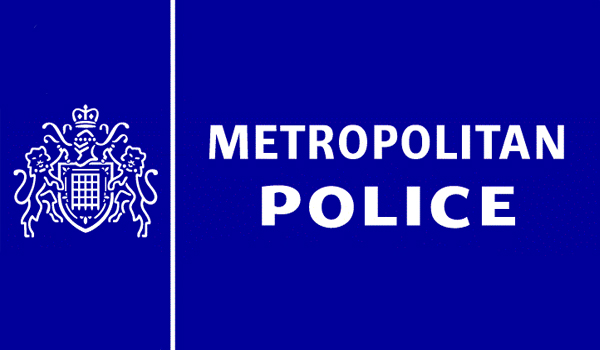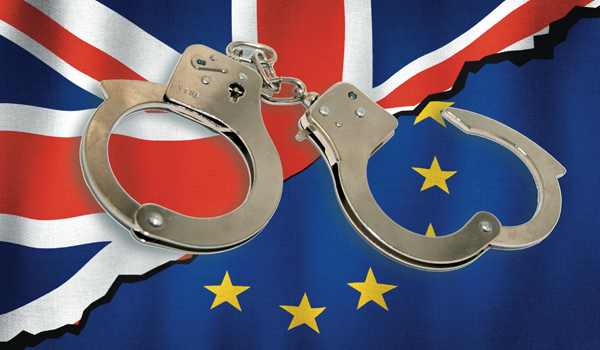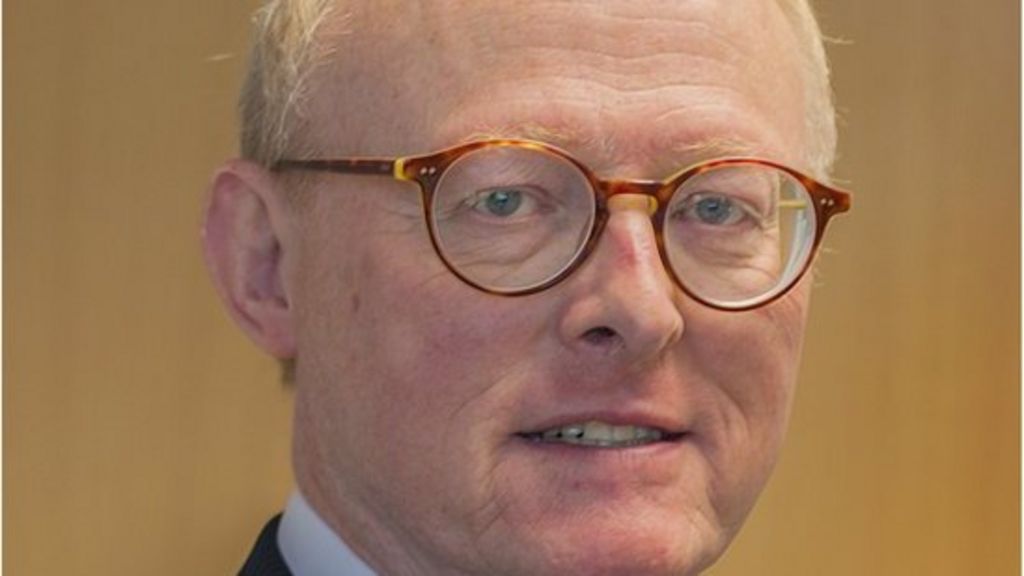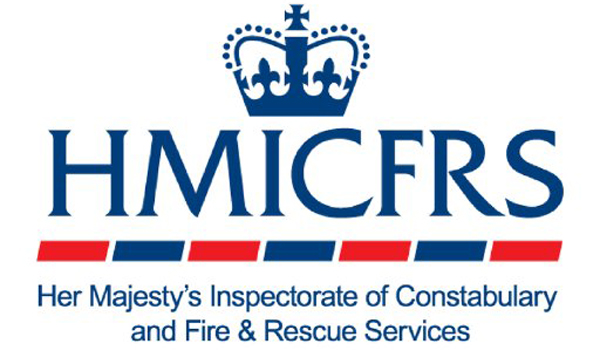The Metropolitan Police Service’s (MPS) use of facial recognition technology will be reviewed after a panel raised concerns about its impact on police legitimacy.
The Metropolitan Police Service’s (MPS) use of facial recognition technology will be reviewed after a panel raised concerns about its impact on police legitimacy.
Last month the Greater London Authority’s police oversight committee asked the Mayor Sadiq Khan to suspend the MPS’s use of “intrusive” facial recognition due to fears over its governance.
The technology has been used at events including the Notting Hill Carnival and the Remembrance Sunday ceremony at the cenotaph but questions have been raised over the number of images stored.
Mr Khan has now confirmed the London Policing Ethics Panel will look at digital policing within the MPS as part of its 2017/18 work plan, with facial recognition as a “worked example”.
Last August, the MPS trialled the technology at the Notting Hill Carnival, but biometrics commissioner Paul Wiles expressed doubts over its accuracy and proportionality. Civil rights group Liberty described the use of the cameras as “intrusive and intimidating”.
Greater London Authority oversight committee chair Len Duvall said: “The committee was concerned that the Met has been trialling facial recognition technology, at Notting Hill Carnival for example, without the public really knowing about it.
“We believed the Met risked losing the public’s trust if it introduced intrusive technology like this, without public consent.
“The Mayor has now said that the London Policing Ethics Panel will look at the technology, which is good news. Policing by consent is an important principle within our society and is not just a tick box exercise.”
The force is also developing an engagement strategy for future use of facial recognition and a governance board will be established to directly oversee this work.
Mr Khan said: “The panel’s view is that digital technologies facilitate higher degrees of surveillance and more extensive data searching capabilities and that these have the scope to affect policing by consent.”
Around 20 million images are held on police facial recognition databases despite the High Court ruling in 2012 that this retention is unlawful. The Government has stated that forces are able to store images for six years unless an individual directly applies for them to be removed.







